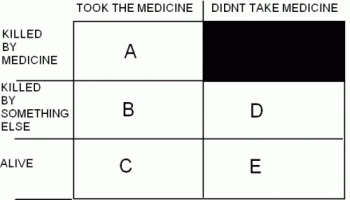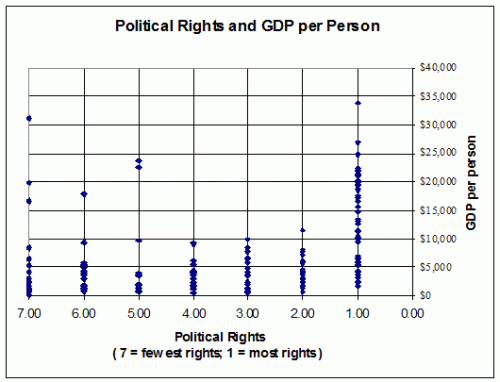Along with Mike Rizzo at the Unbroken Window, I am ambivalent about the Florida district court ruling thats strikes down Obamacare (by first striking down the mandate for individuals to be insured). Yes, Obamacare is bad policy; yes, it’s arguably unconstitutional. But as bad and unconstitutional policies go, it’s relatively benign. I (like Rizzo) am uncomfortable with a judiciary that can reject Obamacare while accepting agricultural subsidies, affirmative action, the Americans with Disabilities Act, and laws that dictate the size of your showerhead.
In fact, unlike, say, agricultural subsidies, the mandate for individuals to buy health insurance is at least a defensible response to a genuine problem — in fact, it’s a defensible response to two genuine problems.
First, as long as people are uninsured, they are going to show up at emergency rooms demanding care, and they are going to get it. Arguably, the best policy is to turn those people away unless they’re able and willing to cover the costs of their own care, but we all know that’s never going to happen. Given that we’re going to make medical care available to everyone, there’s at least an argument for making everyone pay for it.
Second, there really are good arguments for insuring people regardless of (at least some) pre-existing conditions; most of us would have insured against those conditions before we were born if we’d had the opportunity, and the inability of pre-born souls to sign insurance contracts can be seen as a form of market failure that bears correcting. But if you don’t allow discrimination on the basis of pre-existing conditions, then you’ve pretty much got to have an individual mandate; otherwise everyone waits till they get sick to buy insurance and the whole system breaks down.
Now the Obamacare system is very far from my preferred approach to these problems, but at least it’s a plausible response to a real set of problems, and hence arguably amounts to a system of taxes designed to provide for the general welfare of the United States, as allowed under Article I, Section 8 of the Constitution. That’s a lot more than you can say about, say, mandatory wheelchair ramps, the cost of which often far exceeds what you’d have to pay the wheelchair-bound to compensate for their absence. It’s a lot more than you can say about the Post Office, or the Commerce Department, or the Occupational Safety and Health Administration.
Continue reading ‘Judicial Overreach’




